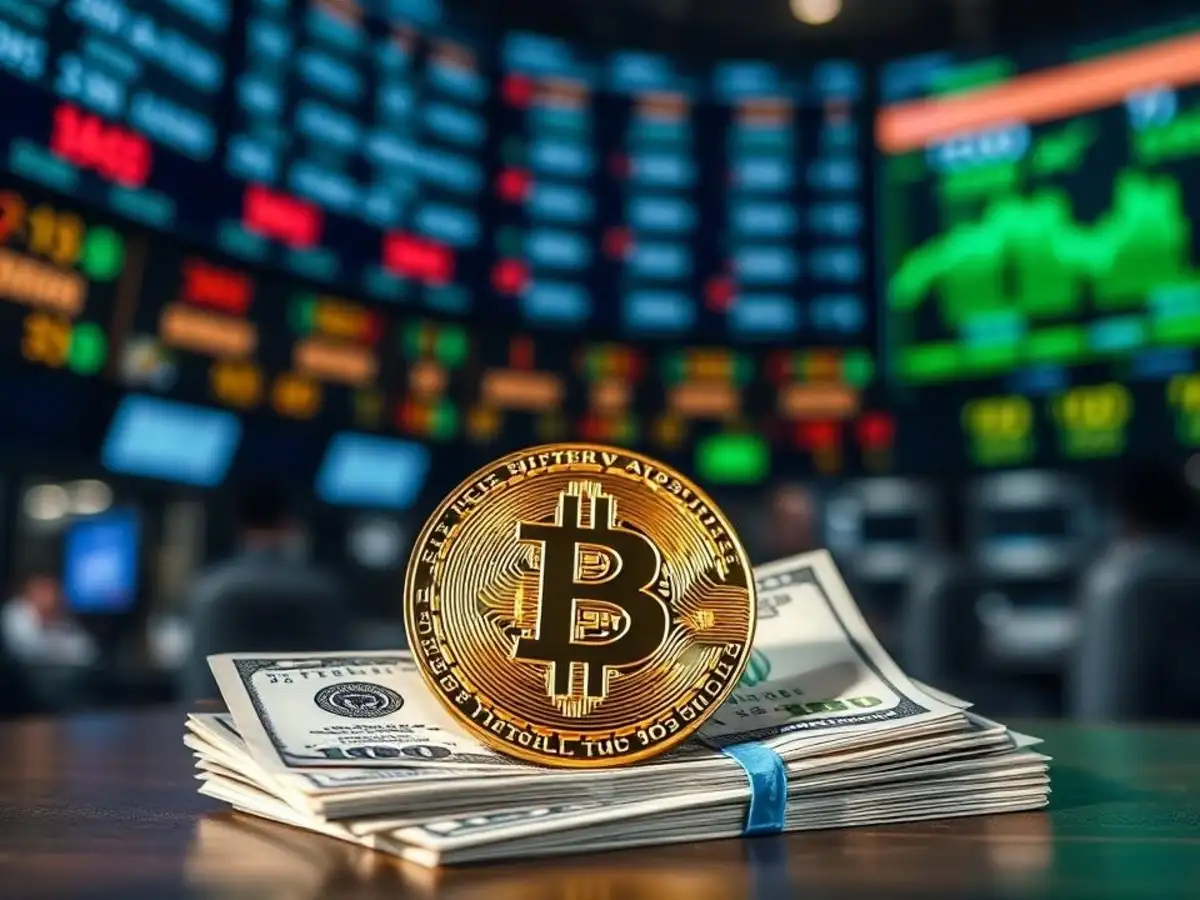Bitcoin's Rise as a Global Reserve Currency Threat
Jeremy Siegel, a professor at the Wharton Business School and chief economist at WisdomTree, has issued a stark warning: Bitcoin could emerge as a serious rival to the U.S. dollar as the world's primary reserve currency. In a recent discussion on CNBC about the GENIUS Act, Siegel labeled Bitcoin as "a threat." This bipartisan legislation, passed on July 18, calls for a comprehensive framework to regulate stablecoins, signaling a shift in how digital assets are perceived in the financial landscape.
Siegel emphasized that Bitcoin itself, not just traditional currencies like the euro, is now viewed as a genuine competitor. He noted that while U.S. lawmakers are pushing for regulation, certain aspects of the crypto bill could benefit the industry, describing some last-minute additions as "important catalysts" for modernizing the financial system. He stated, "I didn't think the BRICS were really any threat at all, but the opponent actually has a chance," highlighting Bitcoin's growing influence.
The Inefficiencies of the Current Financial System
The global financial system has been "frozen for years," according to Siegel. International transfers are slow and costly, but crypto-based systems could revolutionize this by making transactions faster and more efficient. This inefficiency in traditional finance is driving interest in alternatives like Bitcoin.
Bitcoin as Digital Gold and Inflation Hedge
Beyond payments, Bitcoin is increasingly seen as digital gold. Investors use it as a hedge against inflationary pressures, especially amid volatility in global trade. With a fixed supply of 21 million coins, Bitcoin offers scarcity—unlike the debt-based money printing by central banks—which helps preserve its value. Michael Sonnenshein, CEO of Grayscale, added that recent fiscal stimulus measures have prompted investors to reconsider what constitutes a reliable store of value, leading more to turn to Bitcoin for portfolio protection.
Global Political and Economic Shifts
On September 8, Russian President Vladimir Putin's advisor Anton Kobyakov commented that the U.S. is attempting to manage its massive debt and "rewrite the rules" with cryptocurrency. Concurrently, Russia is developing its own central bank digital currency, reflecting broader global trends toward digital finance.
Frequently Asked Questions
Why did the Wharton professor say Bitcoin is a threat to the dollar? He believes Bitcoin could replace the U.S. dollar due to its scarcity, efficiency, and growing trust among investors.
What role does Bitcoin play in the economy according to experts? Experts view Bitcoin as "digital gold," serving as a hedge against inflation and excessive money printing by central banks.








Comments
Join Our Community
Sign up to share your thoughts, engage with others, and become part of our growing community.
No comments yet
Be the first to share your thoughts and start the conversation!